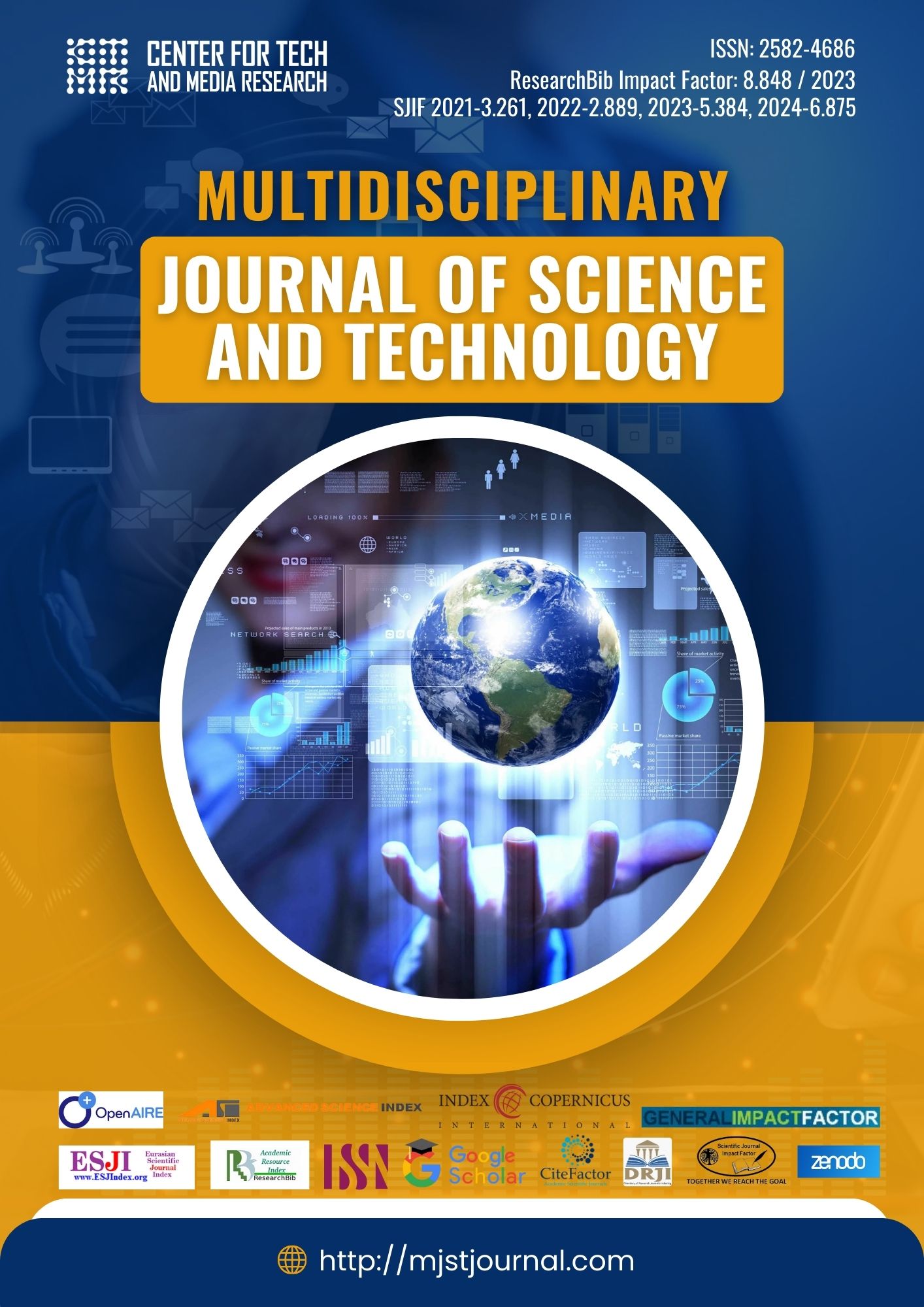PROBLEMS OF ECONOMIC SECURITY OF BUSINESS: METHODOLOGICAL ASPECT
Doston Ashurov
3rd year Joint international educational program of Tashkent State University of Economics and Ural State University of Economics
Rimma Yunusova
Scientific supervisor: Ph.D. Joint international educational program of Tashkent State University of Economics and Ural State University of Economics, Associate professor of the department "Corporate Economics and Management"
##semicolon## economic security##common.commaListSeparator## business resilience##common.commaListSeparator## risk management##common.commaListSeparator## supply chain,##common.commaListSeparator## cybersecurity##common.commaListSeparator## market volatility##common.commaListSeparator## regulatory challenges.
सार
Economic security in business is a critical aspect of ensuring long-term stability and resilience in an increasingly complex and interconnected global environment. This paper explores the methodological approaches to understanding and managing economic security, focusing on risk assessment, technological challenges, supply chain vulnerabilities, and regulatory concerns. The study highlights key risks that businesses face, such as market volatility, cybersecurity threats, and environmental factors, and proposes strategies to address these risks through proactive planning and strategic management. Additionally, the paper examines case studies from leading organizations to illustrate best practices in securing business operations. By integrating risk management into core business strategies, companies can enhance their resilience, safeguard their assets, and thrive in a dynamic and uncertain landscape. The findings underscore the importance of a holistic, forward-thinking approach to maintaining economic security.
##submission.citations##
Boin, A., & van Eeten, M. (2013). The resilient organization: A critical assessment. Public Administration Review, 73(5), 751-758. https://doi.org/10.1111/puar.12049
2. Chikwe, J. (2020). The impact of cyber security risks on global business operations. Journal of Business and Economics, 38(3), 241-256. https://doi.org/10.2139/ssrn.3478045
3. Frolova, E., & Shor, O. (2021). Organizational resilience: A conceptual framework and empirical testing in the context of financial crisis. Journal of Business Research, 73(1), 12-20. https://doi.org/10.1016/j.jbusres.2020.01.021
4. Guo, Y., & Guo, C. (2021). Risk management strategies for business resilience in the digital era. Journal of Strategic and International Studies, 7(1), 22-30. https://doi.org/10.1007/s11256-021-00550-3
5. Lahn, B., & Kristensen, J. (2019). Navigating regulatory risks in a global business environment: The importance of strategic adaptability. International Business Review, 28(2), 341-351. https://doi.org/10.1016/j.ibusrev.2018.10.008
6. Matthews, D. (2020). The role of digital technologies in mitigating business risks. Technology in Society, 63(1), 100-115. https://doi.org/10.1016/j.techsoc.2020.101217
7. Porter, M. E., & Kramer, M. R. (2019). Creating shared value: Redefining capitalism and the role of the corporation in society. Harvard Business Review, 97(1), 62-77. https://doi.org/10.1002/jsc.2156
8. Yunusova, R. Decentralized Blockchain Networks and Economic Security: Balancing Scalability and Security Tradeoffs //Lecture Notes in Computer Science (including subseries Lecture Notes in Artificial Intelligence and Lecture Notes in Bioinformatics), 2024, 14542 LNCS, pp. 244–252
9. Yunusova, R. Corporate Social Responsibility Disclosure and Bankruptcy Financial Risks: Moderating Role of Corporate Governance Index .DOI: 10.32826/cude.v46i132.1207Web of Sciens Volume: 46 Issue: 132 Page: 69-78

















